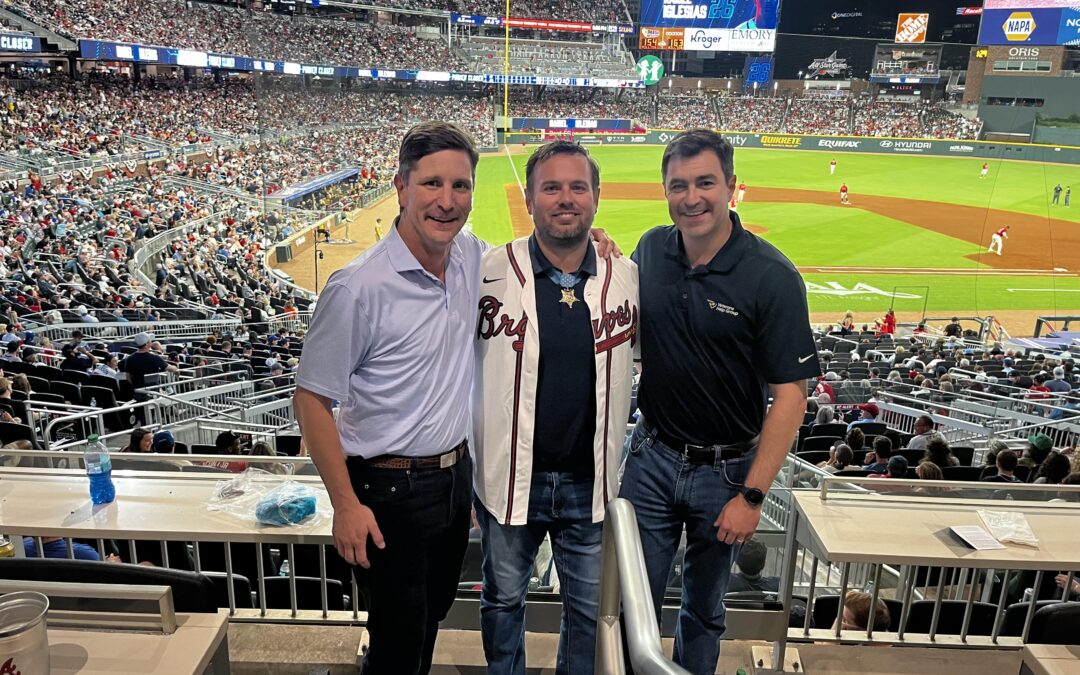Table Of Contents
The government shutdown last fall affected wide-ranging facets of the federal government. Not the least of which was the VA, where overtime hours were immediately suspended and employees were furloughed. The biggest threat came from the possibility that the disability checks counted on by thousands and thousands of veterans would not come in November. Thankfully disaster was averted with an eleventh-hour resolution.
If anything good can come of such situation, at least it prompted officials in the VA to discuss how to better prepare for, I hate to say it, the next inevitable government shutdown. The obvious solution would be to fund the VA in advance so that it had enough money to operate if and when this happened again. After a prior shutdown, measures were taken to ensure that the VHA had enough advance funding to operate its healthcare programs. As a result, during this last shutdown, patient care was not interrupted.
Despite the success with healthcare, Secretary Eric Shinseki told a Senate panel recently that advance funding for all VA operations would not solve all the department problems in the event of another shutdown. He did acknowledge that replicating what they do in the healthcare side would seem “to make sense for our other accounts.” The problem though is that the VA relies on so many other agencies that even if it were to maintain operations, things would still be stalled because of the others. Those other agencies he mentioned were SSA, DOD , IRS, Department of Education and Department of Labor.
Although what Sec. Shinseki said likely has some merit to it, most leaders within the VA, as well as veterans and military service advocacy groups, were in agreement that the VA should advance year funding to all VA programs, and not only healthcare. Even if those potential roadblocks exist because of the other agencies, advance funding is still likely better than not doing so. Those agencies may only play a role in newly-approved individuals because of employment or other income verification, instead of those that may have been dependent on that regular monthly check for a few years or decades now.
It is not known if VA advance funding will be put in motion. Even if it were, Sec. Shinseki stated the obvious:
the best way for us to be meeting our full mission would be to have a budget for the federal government every year. That would make all of our work much easier.
If only we could believe that to be possible.
MORE NEWS FOR VETERANS

Maximizing Dependency and Indemnity Compensation (DIC) Benefits
Maximizing Dependency and Indemnity Compensation (DIC) Benefits Written by Caroline Temple, Senior...

Veterans Help Group Serving Our Community
Veterans Help Group Serving Our Community By Bobbi Boudi, Director of Community Outreach & Amy...

How Much Back Pay Will You Receive?
What is VA Disability Back Pay? VA disability back pay is payment for benefits the veteran was...





